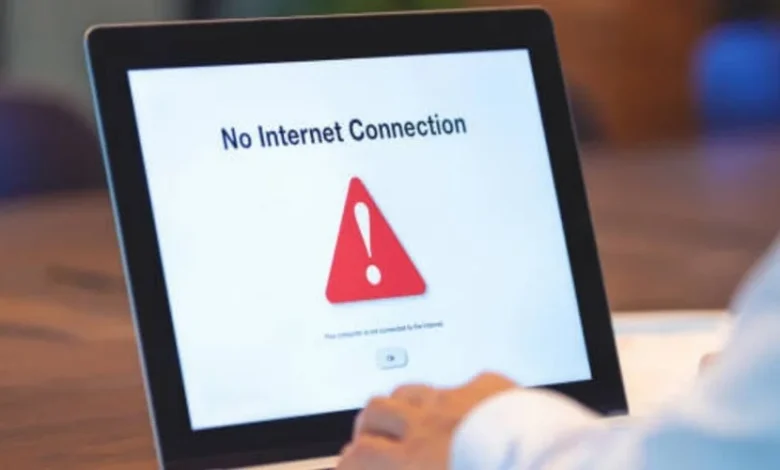Report indicates that the shortage of fibre optics and load shedding result in sluggish internet connectivity.

A parliamentary committee has ascribed the sluggish internet speeds in Pakistan to restricted spectrum availability, a lack of fibre optic infrastructure, and persistent energy load shedding.
The auction of 5G spectrum is contingent upon the release of a government policy directive, which is now awaiting approval from the Cabinet Division, as revealed on Saturday. Of the 194 MHz of prime spectrum, 140 MHz is entangled in legal disputes.
The Cabinet Division announced that the 5G spectrum auction is scheduled for either the end of this year or the first quarter of 2026, noting that its completion is expected to substantially enhance mobile internet speeds.
Over the past five years, telecommunications operators have been issued 39 show-cause notes. The report indicated that penalties amounting to Rs68.9 million have been levied against these operators.